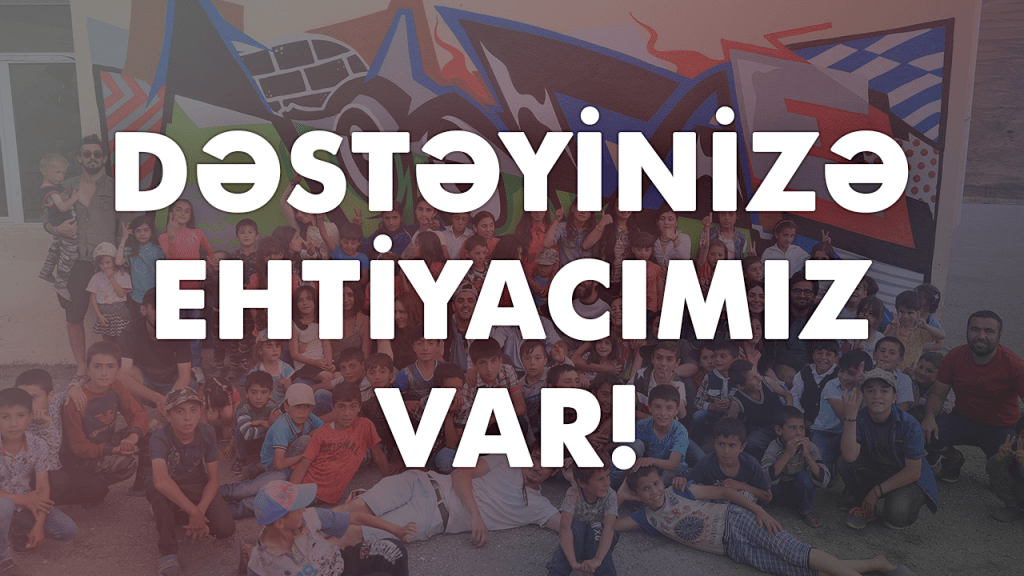“Attack to Baku” – a Nazi Propaganda Film

Movies are excellent propaganda tools. Just by shooting one video you can preach hundreds of ideas, let it be either protecting animal rights or provoking people to commit genocide – it’s all up to director. In that case, Nazi Germany was an author to most remarkable propaganda movies. Yes, it was their strongest weapon of war. Although it’s main target audience were German folk, world still talks about Leni Riefenstahl’s “Trump of Will” and “Olympia”. What’s interesting is propaganda tools of Nasizm – actors and directors – were still active after the war. Riefenstahl even had the guts to apply for Cannes Festival with her “Tiefland” (Low Lands) in 1956. She passed on her 101st year, but the machine she started is still working.
One of this propaganda directors Fritz Kirchoff (1901-1953) directed Anschlag auf Baku (Attack on Baku). Movie’s main plot is around Baku and it’s oil industry. Set is dated 1919, Baku. But movie genre is not historical, but thriller. Therefore, it’s completely imagination. There are no any historical people portrayed in film.
Movie starts with “Sari Gelin” inexpectedly. On early scenes, we see oil magnates of Baku – George Camps (American), Mr. Jensen (Danish), Mr. Hanson (Swedish) and Mamulian (Armenian). Protagonist is Hans Romberg – is a German security officer working for United Oil Company. Previously, he was a German soldier captured as a prisoner of war by Russian forces in WW1. After revolution, he manages to find a job in Baku. He fells in love with Sylvia – daughter of Mr. Camps.
Film’s antagonist is British officer Percy Forbes. He is also into Sylvia and wants to grab oilfields of magnates. No one suspects that he acts as an agent on behalf of the British government. He instigates attacks on oilfields, burns oil wells, blows up stuff. We see Baku folk rushing to extinguish fires on oil wells at 19th minute. Romberg even gets shot. Forbes, the arsonist, acts as if he has nothing to do with it. Afterwards he persuades police minister Barakoff to use a Turkish expeditionary force to protect the fields. We see Ottoman and Azerbaijani flags waving at 28th minute. During the festivities, however, another disasters falls on city. English agents are provoking Armenians and Azerbaijanis. As a result, infighting and massacres occur. Forbes refers to the Turks as responsible for these terrible incidents and brings up a “generous” offer of protection of the oil sources to him and his men. The next day British troops occupies the oilfields and as well as the city. Furthermore, Forbes declares himself as the governor of the city and has total control.
Barakoff, used by Forbes as the new head of the security service, realizes he is only a pawn of the British, but it’s too late. He tries to save what can be saved and asks Romberg for help. The local Azerbaijanis and Armenians get together with the Germans and finally drive the British out after fierce fighting. Romberg faces and kills Forbes. Romberg and his bestie Sergeant Ertl are celebrated as saviors of Baku but both men only want to go home – Germany.
Director needed a Baku-like place in Europe – with lots of oilfields and a forest of oil wells. Most ideal places for these descriptions were small Romanian towns of Moreni and Băicoi – both rich oil towns. Other scenes were shot in Poland and Germany. Filming began on 4 November 1940 and “World premiere” took place on 25 August 1942 in four Berlin movie theaters. 3 days later, Nazi Swastika was placed on the summit of Mount Elbrus. Soldiers on movie were 900 Romanians soldiers comprised of Royal Cavalry corps and infantry. To make it more real, oilfields blown up, oilwells set on fire, all blasts and noises scared villages around the movie set. French premiere took place in 11 march 1943.
The production costs were phenomenal to other productions. 3085000 Reichmarks (more than 30.000.000 USD) spent due to the cost-intensive foreign shootings. By March 1943, 2371000 RM were recorded at the German box office. There were no single Turkish or Azerbaijani actors, all roles played by Europeans, except for Aruth Wartanian who played the role of a Soviet intelligence agent. He was born in Nakhchivan, 1880 and died after a stroke in 1945. Soundtrack was composed by Alois Melikhar, a renowned Austrian composer and conductor of Berlin Philharmony. He was a teacher between 1923 and 1926 in German colony of Helenendorf (now Göygöl, Azerbaijan).
To conclude, arts are elastic – they can be bent. “Attack on Baku” was not only a propaganda for Germans, it was also meant for Azerbaijani, Armenian and Georgian prisoners of war – that, only Nazi Germany can save Caucasus from Soviet yoke and protect it against British capitalism. Of course, it was also bolstering Nazi army – be brave, fight against them. But result is clear – hundreds of thousands of victims, hollowed lives. Although most Nazi films are banned, they must be kept open for access of academicians and researchers, so that we may prevent neonazis.
![anschlag-auf-baku-german-poster[1]](https://i0.wp.com/varyox.az/wp-content/uploads/2018/11/anschlag-auf-baku-german-poster1.jpg?fit=500%2C1333&ssl=1)
![1knLcd1h1kiodyj9GNtcdHyweOE[1]](https://i0.wp.com/varyox.az/wp-content/uploads/2018/11/1knLcd1h1kiodyj9GNtcdHyweOE1-e1592411639134.jpg?fit=600%2C339&ssl=1)




![Anschlag-auf-Baku[1]](https://i0.wp.com/varyox.az/wp-content/uploads/2018/11/Anschlag-auf-Baku1.jpg?fit=444%2C295&ssl=1)
![RENE-DELTGEN-Pressefoto42-in-ANSCHLAG-AUF-BAKU[1]](https://i0.wp.com/varyox.az/wp-content/uploads/2018/11/RENE-DELTGEN-Pressefoto42-in-ANSCHLAG-AUF-BAKU1.jpg?fit=1600%2C1183&ssl=1)



